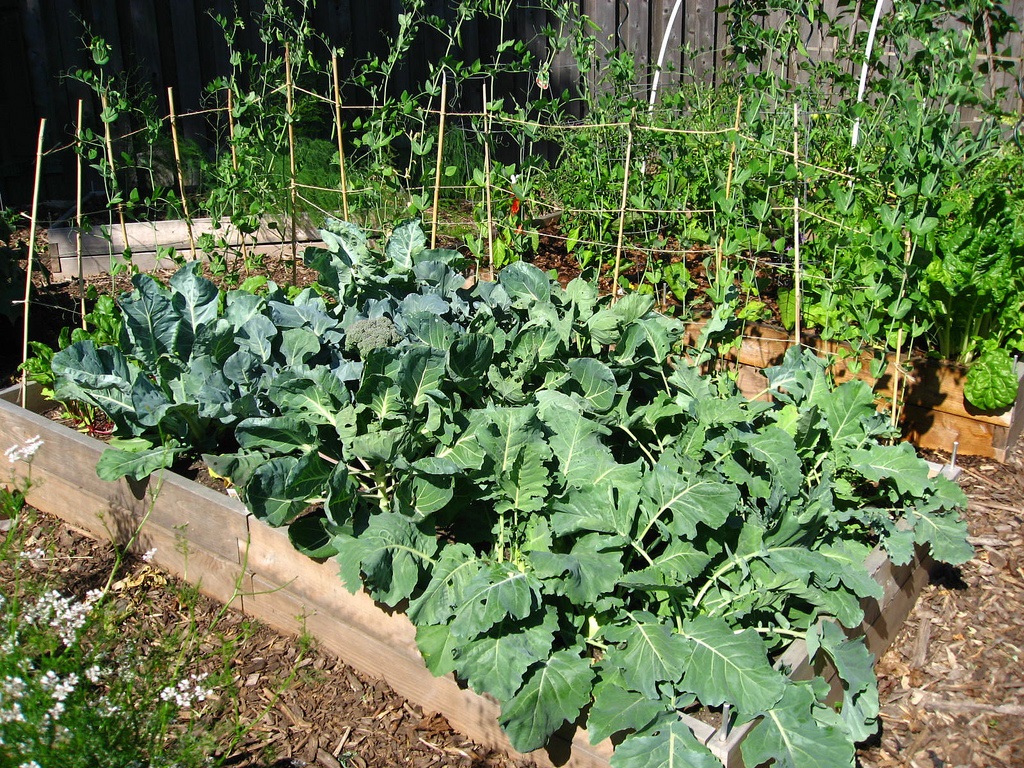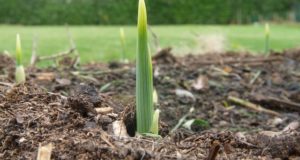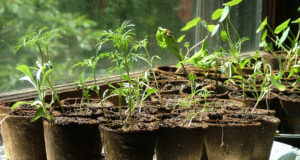As winter gives its last hurrah, my thoughts are turning toward the promise of spring.
Maybe you’re like me, and you love the idea of having a bountiful garden, but the idea of dragging soil additives to the backyard, dealing with weeds and pests, and trying to coax a few tiny tomatoes from their vine seems like more work than it’s worth. Instead of trying to force a garden into the ground, I’ve begun using raised beds. It works better in my suburban yard, and gives me more flexibility in how I garden.
What makes a raised bed garden better than a traditional garden? Glad you asked.
1. Improved soil quality.
One of the key components of a successful garden is good soil. Depending on where you live, this may be one of your biggest challenges. Your soil may be too acidic, too hard, too sandy, too chalky. Skip the headache of trying to figure out what to add to correct the soil by using a raised bed. In your raised bed garden, you can create the perfect soil. Add compost, fertilizer or whatever else is needed to create the ideal growing environment for what you’re planting.
2. Pest management.
Few things are as disheartening as finding your garden ravished by pests. Trying to keep critters, bugs and parasites out of your plants is time consuming and frustrating. A raised bed, however, makes it easier. The frames of the raised beds will help keep out pests and other critters that crawl along the ground out of your garden.
The All-Natural Fertilizer That Can Double Your Garden Yield!
Soil parasites and nematodes can be thwarted with the use of plastic liners. Wire netting can prevent rodents and other burrowing creatures from invading the garden. Raised beds can be secured with fencing. Physical pest control management is easier and faster, thanks to the size of the raised bed. With easy access to all sides of the garden, you can remove interlopers by hand, or apply localized pesticides.
3. Increased production.
Using staggered rows, you can maximize your crop production. Rich soils allow for more plant nutrients, and compact planting areas prevent weeds from invading the garden. This creates an ideal growing situation that gives you more food in less space. In addition, you can extend your growing season by planting earlier and continuing your garden later in the year thanks to your raised bed.
4. Improved drainage.
Plants don’t like to have wet feet. A raised bed allows for rain to seep into the garden, and prevents the runoff that would typically wash away topsoil. Water is able to soak down into the lower level of the bed, giving the plants all the moisture they need, without the stagnating puddles of water they don’t.
5. Improved aeration.
Plant roots need aeration to breathe and to absorb nutrients. By mixing the soil for your raised bed, you are giving the plants loose soil to grow. This provides for circulation to keep the soil (and the plants) healthy.
6. Improved weed control.
Raised beds give you the ability to control weeds by using soil that is free of dormant seeds. In addition, you can use liners, such as newspaper or other bed liners, to prevent weeds from growing up through the raised bed. Close planting of crops prevents weeds from taking root, and the loose soil makes it easier to pull any errant weeds that may make their way into the garden.
This spring, skip the digging. Try a raised bed garden and see what a difference it can make in your homesteading. Your back (and your garden) will thank you.
Do you use raised beds? What are your favorite benefits from them? Share your thoughts in the section below:
Bust Inflation With A Low-Cost, High-Production Garden. Read More Here.
 Off The Grid News Better Ideas For Off The Grid Living
Off The Grid News Better Ideas For Off The Grid Living





